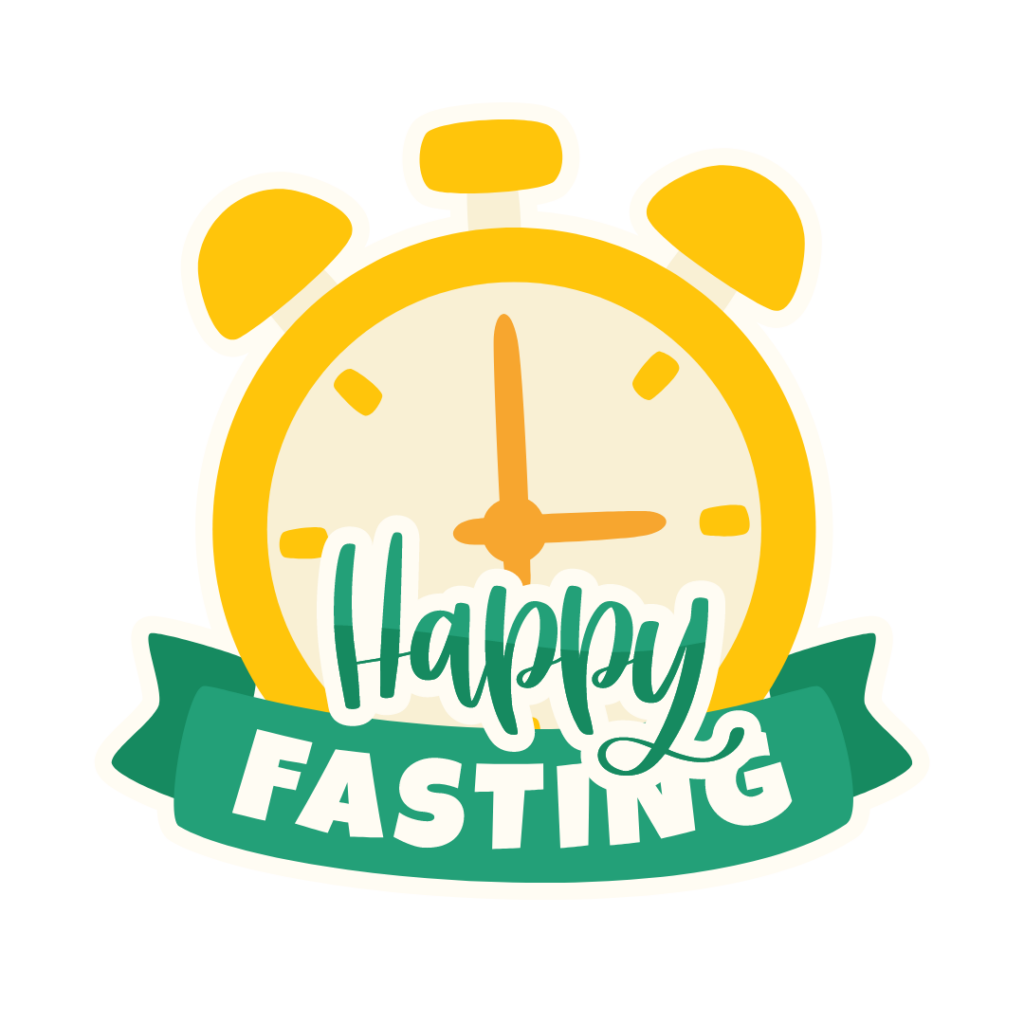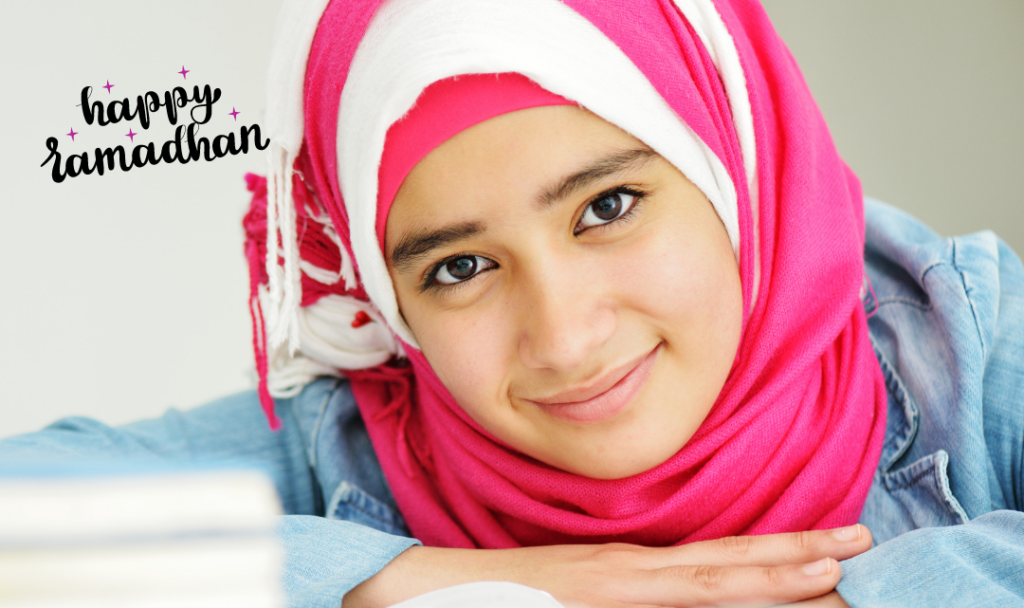Ramadan this year (2024) started on the 10th March and ends on 8th April.
Ramadan is a joyous occasion for many young Muslims as it offers a chance to reconnect with their spirituality and reflect on their faith. It is a month of fasting, prayer, and reflection for young Muslims to contemplate the things they appreciate and the impact their actions have on the world.
What is fasting?
Fasting for Ramadan means Muslims do not eat food or drink from before the first light of dawn until the setting of the sun.

What’s a day like during Ramadan?
During Ramadan, Muslims wake up early to eat a meal before dawn. This meal has to keep them going until sunset, so they try to have nutritious food, including protein and plenty of water. At dawn, it’s time for morning prayer.
Young Muslims still work and and go to school while fasting. Once the sun goes down, families meet to break the day’s fast with a meal called an iftar. Dates are a traditional food, accompanied by water or milk. The meal may include stew, rice, soup, lentils, meat, fish or rice.
What happens at the end of Ramadan?
The end of Ramadan is marked with the festival ‘Eid’ when people receive guests, exchange gifts and visit family. The celebrations often include wearing new clothes and enjoying special meals.
Eid al-Fitr is a way for Muslims to give thanks to Allah after reflecting and fasting during Ramadan.
Can non-Muslims take part in Ramadan?
Around the world, a growing number of non-Muslims have begun documenting their own experiences observing Ramadan. Some people like the self-discipline that Ramadan gives with fasting.
Resources for supporting young Muslims during Ramadan
Ramadan True or False Quiz
Looking after your emotional wellbeing during Ramadan
Long periods of fasting and an altered sleep schedule can sometimes make feelings of low mood and anxiety worse. Or even trigger disordered eating habits. If you’re concerned about how this month might impact the mental health of a young person you know, below are places you can go to get support:
YoungMinds – How to look after your wellbeing during Ramadan
